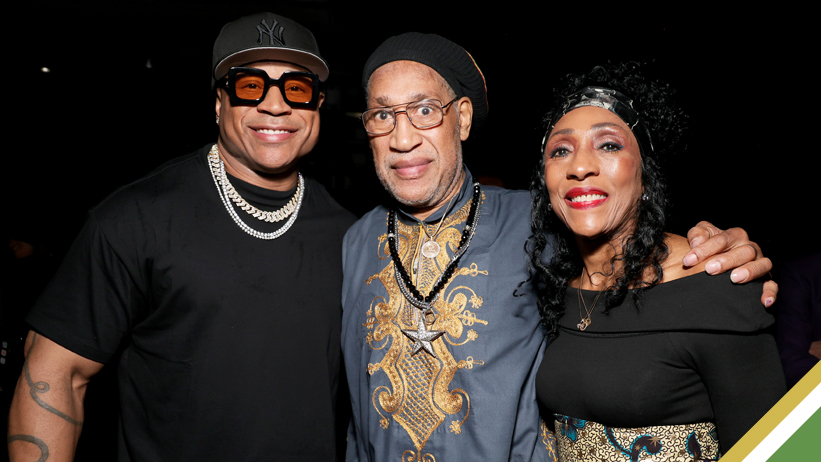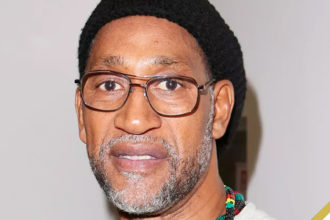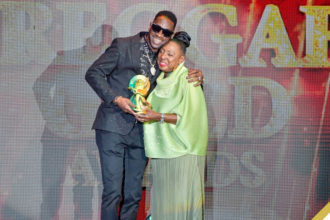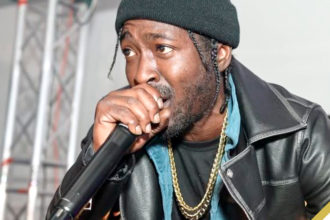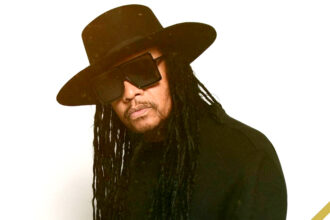In the annals of music history, some names shine brighter than others, and DJ Kool Herc, born Clive Campbell, stands as a true luminary despite the absence of a conventional discography. The recent induction of this Jamaican-born maestro into the Rock & Roll Hall of Fame’s Musical Influence category underscores the profound impact he’s had on a genre transcending borders and generations: hip-hop.
The birth of hip-hop is traced back to an iconic moment in the Bronx on August 11, 1973, when DJ Kool Herc helmed the turntables at a groundbreaking party, setting the wheels of change in motion. On Friday afternoon, LL Cool J, a rap legend in his own right, encapsulated the essence of this historic event at the Rock & Roll Hall of Fame Induction Ceremony, emphasizing that hip-hop was a culture that “changed his life and the lives of millions and millions of people.”
What makes DJ Kool Herc’s legacy exceptional is his unwavering belief in hip-hop’s potential at a time when accountants and record companies shunned it. With Herc’s pioneering spirit, hip-hop marked its 50th anniversary, and it’s only fitting that we honour one of its founding fathers. His sister, Cindy Campbell, who organized that groundbreaking 1973 party, deserves recognition too, as Herc emotionally acknowledged, recognizing the collaborative spirit that birthed a revolution.
Born in Jamaica and later settling in the United States, Herc’s journey began with block parties in the Bronx, where he wove the tapestry of hip-hop’s early years. Drawing inspiration from the Jamaican Sound System culture, he mixed funk and soul records with finesse, utilizing two turntables to keep the music flowing. Herc’s innovation also birthed the concept of the “breakbeat,” a technique where he isolated and repeated instrumental sections, providing the perfect backdrop for breakdancing. This innovation laid the foundation of hip-hop music, igniting a cultural revolution that continues to reverberate worldwide.
DJ Kool Herc’s induction into the Rock & Roll Hall of Fame serves as a testament to his profound influence on hip-hop and the broader music landscape. His story reminds us that behind every genre-defining moment, there are pioneers like him who believed in the power of their art, setting in motion a cultural tsunami that continues to shape our world today.







